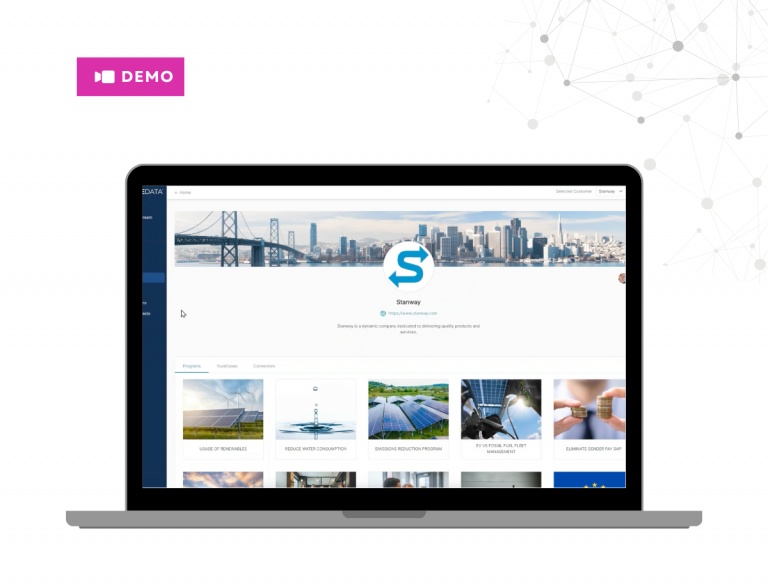My journey as a sustainability-inspired professional began in 2015 when I joined the team at Enablon, a Paris-based, environmental, health and safety software company. The sustainability movement had its roots in Paris and Enablon’s founders built a wonderful community of team members and customers with a shared commitment to protect employees and the environment.
By 2017, the community dedicated to building a more sustainable world was part of me…and I was part of it.
Our annual customer and partner event in Paris that year was June 15-16. As CEO, my role was to share a keynote message meant to inspire the community through our vision, innovation and progress. On June 1st, two weeks earlier, the US had announced it was withdrawing from the Paris Climate Accord. In the circumstance, it was important to me as an American CEO speaking to our European customers that we acknowledge the moment and give it context within our collective commitment to sustainability.
The message then – which resonates even more today – was this: The momentum is too great. This is not about governments and regulations. This is about Corporate Social Responsibility and Personal Social Responsibility. As leaders in business, we can set the priorities, make the investments, and create a more sustainable world.
Nothing is standard about ESG
This is where shareholder engagement is vital. The only thing ‘standard’ about ESG very well may be the reporting guidelines eventually issued by regulators. Nearly everything else varies depending upon the company. An effective ESG Program will need to reflect the unique attributes of that company: industry, geography, scale, mission, company culture, company resources and shareholder priorities. An ESG program that doesn’t have such nuance can hurt – not help – and shareholders have to make sure the balance is right.
We all know the stories of what happens to a business when process and compliance become more important than customers and progress. Growth and innovation slow; customers and employees leave. We also know what happens when a program designed for one industry is identically rolled out in another. We can’t just implement a manufacturing industry program at a healthcare company.
Building a better and more sustainable business
ESG is not about reporting and virtue signaling. It is about building a better – and by extension, more valuable – business. Perhaps you have read about these high profile examples: Nike has been reporting saving $100 million per year through reduced water usage; Walmart has reported saving $2 billion since 2005 with reduced waste and improved energy efficiency.
Shareholders and their Boards have a great opportunity to ride this wave. They need to give clear direction and set high expectations. ESG is about the purposeful effort to build a growing, profitable business that also operates in a sustainable and responsible fashion.
Delivering that valuable combination is an operational challenge and opportunity. It starts with values and priorities set by shareholders/management that are then translated into specific programs and best practices that reflect the unique attributes of that business. Investors need to make sure the ESG strategy fits the specifics of that business; and that the approach will take the business to the higher level of great performance AND responsible operations.
It’s about data and automation
The good news – really good news – is that the higher expectations of ESG are emerging at a time when software companies are able to support such improvement with robust tools that leverage data, intelligence and collaboration.
That is why our team left the workflow world to launch our Connected Data platform. We believe improved performance in ESG is not about workflow and reports….its about data and automation.
We started YuzeData because we believe that infusing data and automation with ESG domain expertise is the fastest way for companies to actually deliver on ESG commitments….for their community AND their shareholders.






